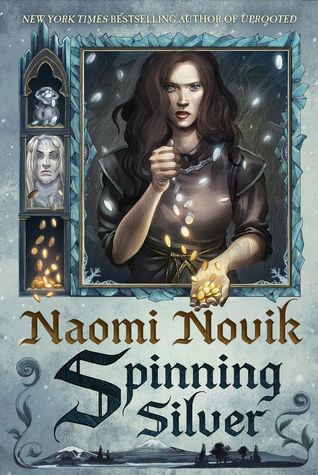
What I find fascinating about this now truly iconic novella is the premise that some sort of aliens pass through our planet and merely stop to have "a roadside picnic". They leave behind a bunch of picnic leftovers (trash) and move on. They don't look to wipe us out or to conquer. We do not make any kind of contact with an alien species. Instead, the earth now has several "zones" where this alien trash wreaks havoc on the environment. Stalkers are basically smugglers, adventurous die-hards who sneak into the zone and carry out alien "swag" that humans then re-purpose for use in everyday life. Some of it is useful (e.g. never-dying batteries), some - we do not understand at all. But ultimately, as one of the characters aptly puts it, we might be just using their microscopes as hammers.
Of course, this being a Russian novel, written in 1970 during the height of the Cold War, there are lots of political and philosophical undercurrents readers will enjoy deciphering. Let's begin with the term the Zone. In the book, this is the area where anomalies are at their strongest and where alien tech can be smuggled from. It is fraught with danger and yet, Stalkers cannot resist its pull. This addiction to getting an adrenaline rush like no other is one reason our main character Red keeps going into the Zone. In Russian, the term Zona (the Zone) is a widely used slang term for prison, or labor camp. Our character keeps going there, risking his life, but also constantly seeking some higher meaning. He asserts in the last chapter that he never sold his soul. You can read this to mean that people get imprisoned for being true to themselves, for standing up for what is right, for not giving up on their principles.
The theme of finding truth in the Zone is particularly palpable in the film. The Zone is the only thing that is in color. Outside of it, the movie is monochrome. The characters look like prisoners with their shorn hair and shapeless clothes. Also, in the film, the three people venturing into the zone are: the smuggler, the writer and the professor. Most Soviet political prisoners were intelligentsia (writers, scientists and other intellectuals), and people re-presenting anti-establishment, i.e. the smugglers, those who distributed western music, banned literature, and other "anti-soviet" merchandise.
Roadside Picnic is also eerily prophetic if you view the Zone as an epicenter of an ecological disaster. When the book was being written, the Chernobyl disaster was still 16 years in the future. But reading the novel, the abandoned city of Chernobyl is what kept coming to my mind, and I did not even know that Chernobyl is prominently featured in the Stalker video games!
Overall, a great piece of Sci-Fi. I highly recommend it. 5 out of 5 stars.


